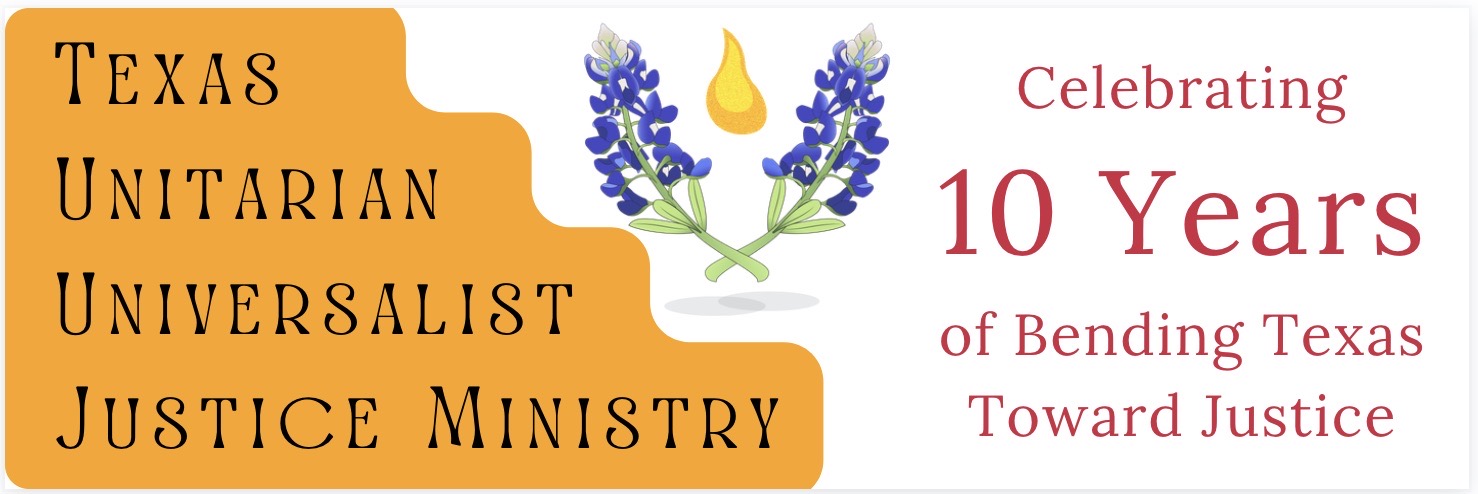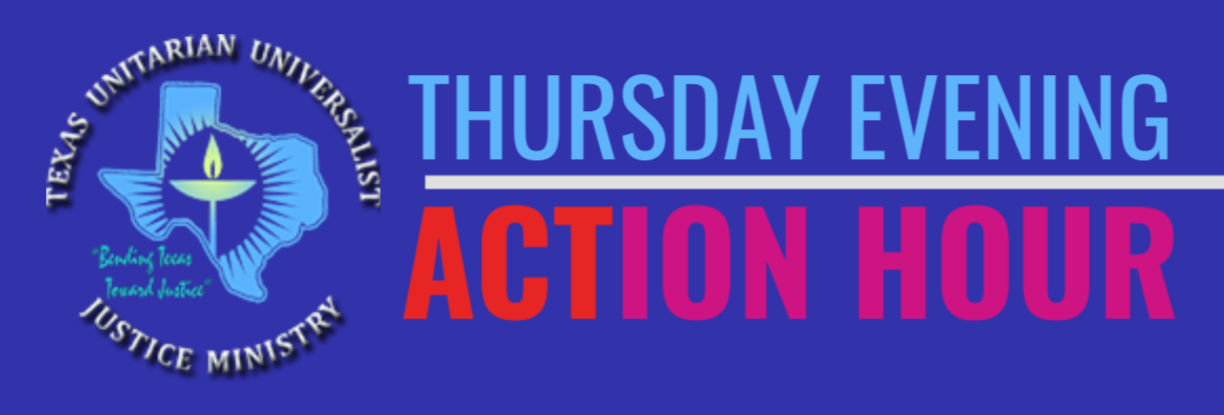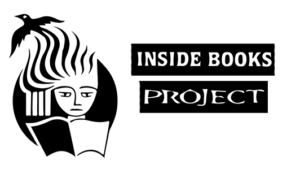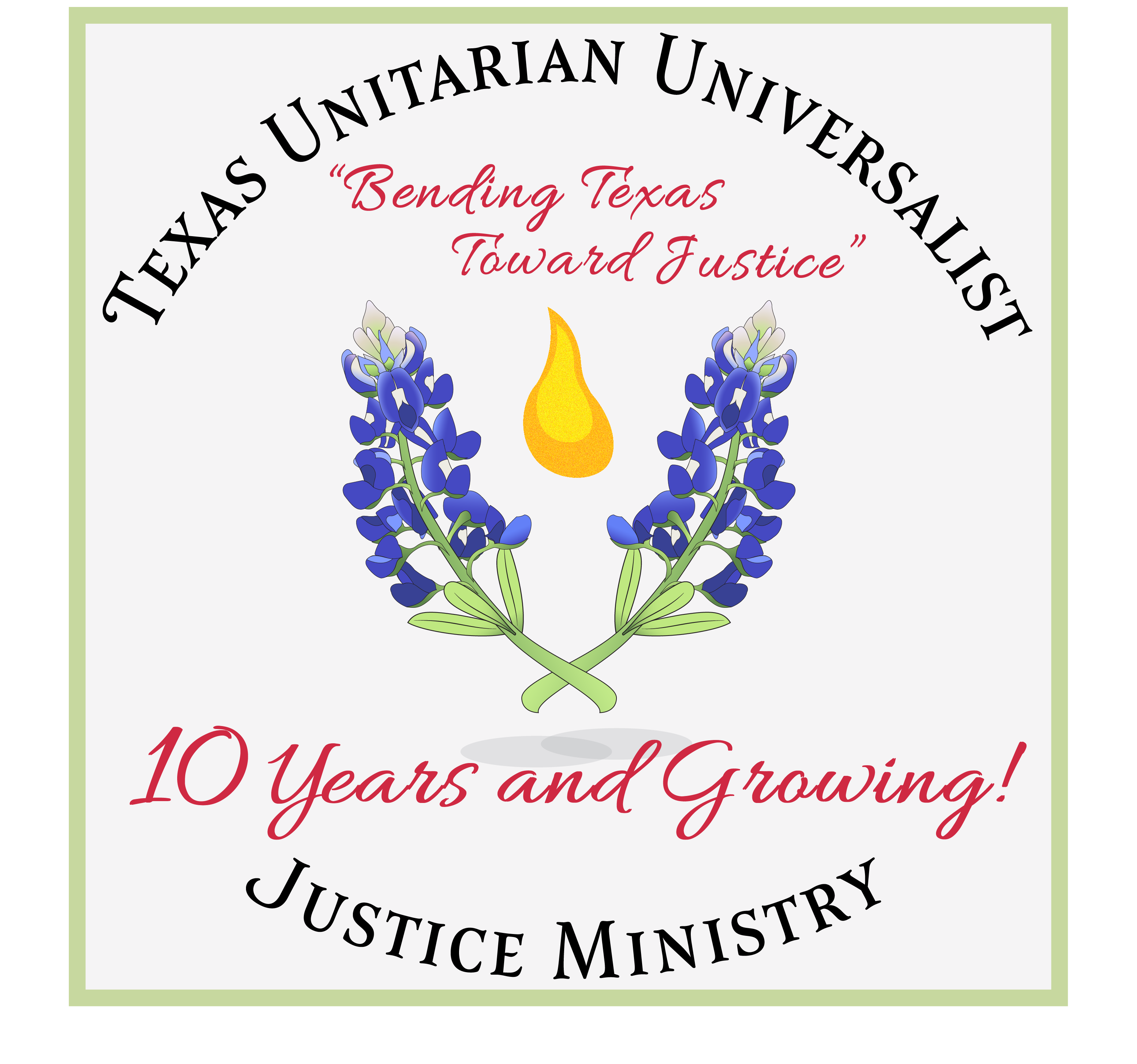Podcast: Play in new window | Download
Listen to the sermon by clicking the play button above.
Rev. Michelle LaGrave and Guest Speakers
July 21, 2024
First UU Church of Austin
4700 Grover Ave., Austin, TX 78756
www.austinuu.org
Who is Reproductive Justice for? Why does it matter to you if you don’t have a uterus, or you are a woman past reproductive age? We will hear from four speakers who are committed to the fight for Reproductive Justice, including abortion health care but also much more. What does Reproductive Justice mean to all of us?” How can we engage and live our UU faith to build the Beloved Community?
Chalice Lighting
This is the flame we hold in our hearts as we strive for justice for everyone. This is the light we shine upon systems of oppression until they are no more. This is the warmth that we share with one another as our struggle becomes our salvation.
Call to Worship
THE RIGHT TO CHOOSE
by Elizabeth Mount
To begin, to start, to create, to undertake,
To grow, to promise, to increase, to generate.
All these are our birthright.
As we are created, so may we create.
The ability and the choice to create is sacred.
To withdraw that chance from any person without their permission
Would be a violent act, the cutting off of life itself.
And yet, as precious is the right to simply not.
To end, to terminate, to stop, to discontinue,
To rest, to hibernate, to impede, to prevent.
These, too, are our birthright.
For without consent, our ability to create
becomes not a blessing, but a burden and an imposition.
Without space for a “no,” there can be no trustworthy “yes.”
Today, we come to this holy place and time,
Ready to invoke the divine, to make space for the sacred,
To co-create community once again.
This too is a choice,
you cannot, you may not,
be coerced into relationship with the holy or with one another.
I invite you, I ask you to join us.
I respect it if you will not, today, or ever.
More sacred than any other individual need, is Choice,
The right to know oneself.
The right to know what you are ready for,
what you need, to stretch when you can,
to pause when you will,
to know your body, your mind, your spirit better than anyone else.
And ultimately,
to be trusted with the responsibility of your own living.
Affirming Our Mission
Together we nourish souls, transform lives, and do justice to build the Beloved Community.
Reading
REVOLUTIONARIES ARE EVERYDAY PEOPLE
By Linci Comy
The whole point about revolution
Is seeing the things that are intolerable
And insisting on making change
And it takes everyday people to do that
The people in power, they don’t want change
They don’t want to see it
It’s the everyday people
That are the revolutionaries
You don’t wake up one day and
Suddenly have this revolutionary fervor
That you’re going to turn the world upside down
One day you wake up and realize
That you’re just not going to do
The same thing again and again and again and
Expect a different outcome
And that you’re going to start to feel in your soul
What place you want to live in
Where you want to be
And you’re going to start to create that
With your community
So revolutionary fervor is really just that
Great space of change
And transition
That we learn to feel
Revolutionary people
That’s just the We
We the people
That’s the revolutionary you see
So welcome to the world
Just open your eyes
And revolution grows
That’s how we change
Everything we know
Centering
HOLDING REALITY AND POSSIBILITY TOGETHER
by Sam Trumbore
What an unearned blessing to delight in the calming peace of this space;
to hear the bird’s [robin’s] song again at daybreak;
to feel the warmth in this room,
and to enjoy the promise of summer [almost] upon us.
Each moment of wakefulness has so many gifts that offer energy and delight.
Yet, too often they seem unavailable
as the weight of our troubles press down on us.
The threats to our well being, real or exaggerated,
feel like mosquitoes in the night looking for a place to land.
Minds become captive to rising flood waters: forceful, murky, threatening and ominous.
Even in moments of great danger, the direction of attention is a choice.
Fear can dominate the mind, binding it like a straitjacket.
Or love can unbind it and open it to resource and opportunity.
The soil of the mind can be watered with kindness.
The thorns can be removed one by one to appreciate the buds ready to flower.
Great possibilities await us even if all we can see is the cliff before us.
The grandeur of life, of which we are a part,
scatters rainbows in every direction, even as the deluge approaches.
Holding reality and possibility together is the holy, hope-filled work of humanity
If … we choose it, again and again, in love.
Sermon
Elizabeth Gray, Reproductive Justice Social Action Chair
People ask me: why are you so passionate about Repro Justice? They assume I’ve had an abortion, and this is personal. Well, no, I haven’t had an abortion. Although unintended pregnancies are very common, I’ve been fortunate: I haven’t had birth control fail, I haven’t been the victim of coercion, I haven’t been impregnated by rape or incest. But mostly: I got a late start.
So no, I haven’t had an abortion, but I’m passionate about this topic because I’ve experienced reproductive freedom. I know what a difference it made in my life, and I cannot fathom that we would not demand the same for all people.
One of the four tenets of repro justice: I have been able to choose to have children, and how many to have. And, a second tenet of repro justice, I’ve been able to raise those children in a safe and sustainable environment. That’s reproductive freedom.
A third tenet of reproductive justice is the right to choose NOT to have children. And I know that if I HAD experienced an unwanted pregnancy, I would have been able to get an abortion. I had access to the procedure: the money, child care, ability to take time off, transportation,-everything you need to access this health care.
The last tenet of reproductive justice is the human right to maintain personal bodily autonomy. Now, that one strikes home. Pregnancy is not health neutral. Birth can be brutal and physically damaging. I experienced birth trauma with my first child, and I was left with a lifelong daily reminder, pelvic organ prolapse. I am by no means alone in this: I know that statistically, I share that that condition to at least some extent with half the women in this room who have given birth. Urinary incontinence, anybody?
In addition, during the labor and delivery I was subjected to medical procedures I did not want, and for three days after my son was born, I had a screaming baby I was determined to breast feed, but no breast milk. That wasn’t resolved until I was rushed to the hospital with post-partum hemorrhage due to, it was discovered, my placenta still abnormally attached to the uterine wall-no breast milk because my body thought I was still pregnant–I would have died without blood transfusions and medical intervention.
The birth of my second child also involved a life-threatening condition. My son Patrick, a very active child, was also evidently active in the womb: so much so that he wound the umbilical cord around his chest and was lodged sideways in my uterus. This is known as a transverse lie, and going into labor leads to serious complications-up to and including death of the mother or fetus. So I had a C-section, although that was also higher risk due to the position of the baby.
Does any of this sound familiar? The two years since Dobbs has been like a nationwide seminar in obstetrical emergencies. Well, even with those unexpectedly difficult encounters, I experienced reproductive freedom. I told my husband I was done having children, and it was abstinence or a vasectomy. He chose the latter, and I am not making this up: his urologist was Dr. Dick Chopp.
So no, I didn’t have an abortion, but I have experienced reproductive freedom, and everything that I am today – my whole life – is defined by that. Pregnancy, gestation, birth, lactation, and parenting – let’s not forget parenting – are all life- altering events. They have physical, emotional, and economic consequences. They are risks that require consent. No person should be forced into bearing a child they do not want.
I hope my story illustrates that Repro Justice is not only for people who have had — or will need-an abortion. Repro Justice is for All. Of. Us. For women who may not ever experience an unwanted pregnancy, but still have to deal with other aspects of sexual health and self-determination, for trans folks who want to make choices about their bodies, for people with disabilities who have a right to desire, intimacy, and sexual pleasure. For women who have children, and the people who parent them. And for men. Today, in this service, RJ is about men too. First, it is personal for men. You men all know and likely love someone who had a baby or wants to have a baby or might get pregnant. You care about them; it affects you when they are denied their human rights.
Second, your body may not be under attack, but you deserve the right to control the future of your family. Just b/c the govt. isn’t controlling your body as a man, doesn’t mean the govt. isn’t also controlling you. What’s next? What other of your freedoms are at risk? You should get to make your own decisions. You are a stakeholder.
And third, for the white men here or listening online: do you believe that you have an obligation to speak up on racism? For straight men, do you believe you have an obligation to speak up on homophobia? Yes, well, then this is the same thing. If one of us is oppressed, all of us are oppressed. Silence is consent. You need to be an ally.
We need to hear from men. We need to hear their personal stories about reproductive rights and justice and freedom. We need to hear them speak out publicly to call out bad actors, to refute the lies and misogyny pervading our society right now. We need them to speak up privately, with friends and family, to normalize discussion about reproductive health, reinforcing the behavior that we do say the word abortion. And menstruation. And infertility. And all the words we have stigmatized and silenced because they deal with reproduction and reproductive health.
This service is giving all of us the chance to step up. We have invited three people today to tell their stories of Reproductive Justice. First is Samuel Franco, Austin-based member of Men4Choice, a national organization dedicated to mobilizing male allies into the fight for self-determination and full control over our bodies.
Then we will hear from Kelenne Blake, executive director of Black Mamas, ATX, the community partner the Reproductive Justice team here has chosen to support as part of our mission.
And finally, Toga Pendrake, a member of our Repro Justice team, will read the anonymous account of a man in this congregation who works with a community network providing abortion medication to people in states with abortion bans. Thank you.
Samuel Franco, Men4Choice
My name is Samuel Franco my pronouns are he/him and I’m here to speak on men for choice and thank you for saying those words because it is extremely important that we have male allies in this fight.
I’ll start by telling you a little story my story Many years ago when I was a much younger man I had an abortion and I say those words not to take anything away from women or people who can get pregnant but to stand in solidarity with those that can get pregnant, and to normalize the conversation, to accept the fact that the role that men play in this conversation.
Many years ago, when I was finishing up grad school, I met a young lady who was also finishing her studies in El Paso. That’s where I’m from. And we took a liking to each other, and we knew we were both going to leave El Paso afterwards. Well, shortly about two weeks after getting to Tulsa, Oklahoma, where I had moved to, she called me up and let me know that she was pregnant. So I rushed back to El Paso, not telling anybody in my family, no friends, nothing. Just me and her.
Growing up a Latino Catholic on the border, abortion is not something we talked about. It’s pretty much stigmatized. So we spent the weekend discussing our lives, our hopes, our dreams, where we were at, what we were going to do, and knowing that we weren’t going to be together, and what was best for us and best for that potential child. And we decided that was best for that potential child was not having that child. And that was best for us at that time. So Monday we went to the clinic and did what we had to do.
I tell you this story because I was reminded of it a couple of years ago after Dobbs. And I was sitting there looking at social media and I saw all these protests and I thought to myself, wait a minute, why wasn’t I there? And then I remembered, “Oh, because I’m a heterosexual cisgendered male, and those algorithms are not for me.” Right?
And so then I started looking around, and I thought to myself, “There’s got to be more men like me.” And that’s when I was introduced to Men4Choice. And so I want to talk to you a little bit about Men4Choice today. Men for choice was founded in 2015 with a mission to activate, educate, and mobilize male allies in the movement for reproductive rights.
Recognizing that too many men have remained passive in this critical issue, Men For Choice aims to change that by engaging men as active partners and allies. The organization believes that reproductive freedom is a fundamental right and that everyone should have the autonomy to make decisions about their own bodies without interference. Men4Choice is unique in their strategic focus on young men, particularly those aged 18 through 25, through initiatives like their youth fellowship program. This program is designed to build a pipeline of well -trained allies who can influence and support reproductive rights both now and in the future.
By educating young men on the realities and impacts of reproductive laws, Men4Choice equips them with the knowledge and tools needed to become effective advocates. Their work is crucial for several reasons.
Firstly, engaging men in the fight for reproductive rights helps dismantle the deeply ingrained misogyny and sexism that often drive restrictive laws and policies. By changing the culture from within, Men4Choice aims to create a more equitable society where everyone’s rights are respected.
Secondly, the organization amplifies the voices and efforts of women and those directly affected by anti-choice legislation, providing much needed support and solidarity. Men4Choice has made significant strides by organizing educational events, mobilizing volunteers for on-the-ground actions, and running impactful digital campaigns. In conclusion, the work of Men4Choice is vital not only for financing reproductive rights, but also for fostering a culture of equity and respect.
By bringing men into the fold as allies, they help to build a stronger, more inclusive movement that can effectively challenge and change oppressive systems. I encourage everyone to learn more about men for choice and consider you can contribute to this essential cause.
Thank you
Kelenne Blake, Black Mamas ATX
Good morning, everyone. My name is Kelene Blake. My voice is a little bit unusual, but maybe only a couple of people might recognize that. And I’m the executive director of Black Mamas ATX. So I’m gonna be a little softer than usual today, but I wanted to talk about reproductive justice from my perspective as a black woman who works in this field.
Now specifically, pointed out so well, there are four parts to reproductive justice.
- The ability to maintain bodily autonomy, that is huge.
- The ability to have children,
- Not have children,
- And if you do have children, to be able to raise those children in safe and sustainable communities.
These are things that black women have been systematically deprived of from the inception of the United States project that we’re existing in. And what is interesting is that reproductive justice has been created by a black woman. And I first learned about reproductive justice not in birth and not related to abortion, But since the Supreme Court rolled back abortion rights, I’ve heard a lot more in, you know, communities that are not mine and specifically focused on abortion and that is really important. It has been an important catalyst for this change and for the awareness of this concept. However, this is a whole concept, and so I’m going to talk about some of the other aspects of it as well.
So, I learned about this first, when I would say about eight years ago, maybe not about a decade ago, when The black community in particular was coming to grips with how prevalent, or how, not really how prevalent, but how traumatic police brutality was becoming in our community, and how often we were literally seeing modern day lynchings of black community members through social media.
How does reproductive justice come in there? How did I first learn about it then? One studies show, especially from that time, one of the first things that a lot of people, you know, hear when they find out they’re pregnant, you know, they’re like, “Oh, is it a boy or a girl?” That’s the first thing they want to ask, right, or, you know, they’re excited, they’re enthusiastic. Black women asked often, is it a boy or a girl? And if they found out it was a boy, their hearts would sink. Because – Trayvon Martin – because of the many black boys and men that were experiencing state-sanctioned violence.
Not to say black women were not, but as always, black women’s stories are not highlighted. But yes, so in this concept, the idea of safe, sustainable communities in which to raise your back boys and girls, is really important. No aspect of justice work is siloed or separate from the other aspects. It all is intertwined. And so it is really important to see this very necessary and valuable push to regain abortion rights in conjunction with all the other fights for justice and freedom and liberation of all the very different groups needing those same things.
The work that I do, we specifically work with folks who are pregnant and we provide doula support because If I’m going to be really honest, it feels very dangerous to be a pregnant black woman in a hospital giving birth or even with a midwife giving birth that that midwife is not black or birth center are any of these spaces and so Working with a doula you have someone who’s yes, they’re coaching you as the pregnant person through the birth But they’re also advocating for you and helping to prevent any dangers. And that is why they make such a difference.
But then, as part of reproductive justice, as part of helping black women and birthing folks survive and thrive, we also have to look at access to mental health support. We also have to help people pay their bills and rent. Last month, we had a mom who was about to be evicted with a newborn baby, and we had to work to get her into a space, so she has her own space to live. We have countless moms, and it’s increasing every month, who literally, their lights are getting shut off. They’re worried about their water getting shut off, right? And they’re pregnant and postpartum and have these newborns. This is part of that safe, sustainable community. We are having to build it kind of offline with our work as a small non-profit. But we need to be — we’re just plugging the gaps where we can.
This needs to be something that is accessible to everyone, everywhere, whether or not they know about Black Mamas ATX or one of our doulas could serve them. So that is my take on how we are working towards reproductive justice. We are in support of our brothers and sisters who are doing the hard and scary work of addressing abortion rights in Texas.
That is frightening. And whenever y’all need us, call us and we will be there to support you. I also want to be able to call you because there’s the everyday parts of it that’s happening as well that’s not as loud and not as not as I would say in the zeitgeist of the conversation you know so that is what I wanted to raise today as part of reproductive justice.
Thank you for hearing me out thank you for your attention and your kind faces as I’m up here a little nervous, but really appreciating your ear.
Toga Pendrake
Text unavailable at the writer’s request.
Extinguishing the Chalice
We extinguish this flame, but not the light of truth, the warmth of community, or the fire of commitment. These we hold in our hearts until we are together again.
Benediction
Go in peace, with Love in your hearts, kindness on your lips, and compassion at your fingertips, blessing all others as you, yourselves, are now blessed.
Amen and Blessed Be.
SERMON INDEX
Most sermons during the past 24 years are available online through this website. Click on the index link above to find tables of all sermons for each year listed by date (newest to oldest) with topic and speaker. Click on a topic to go to that sermon.
PODCASTS
Podcasts of this and other sermons are also available for free on iTunes. You can find them by clicking on the podcast link above or copying and pasting this link. https://itunes.apple.com/podcast/first-unitarian-universalist/id372427776









